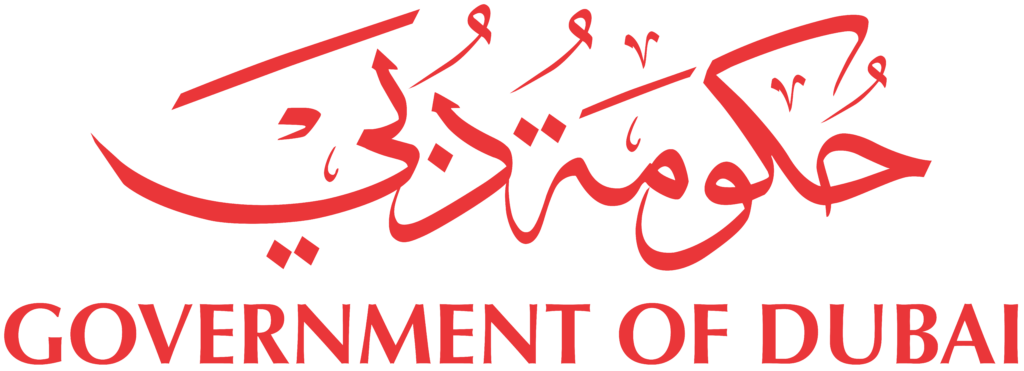Healthcare quality management systems are essential for ensuring that healthcare services meet the highest standards of care and patient safety. These systems help healthcare providers streamline operations, reduce errors, improve patient satisfaction, and enhance overall service delivery. Training on these systems covers a range of methodologies such as Total Quality Management (TQM), Lean Healthcare, Six Sigma, and accreditation standards like those of the Joint Commission and ISO. The aim is to foster a culture of continuous improvement within healthcare organizations.
In the United Arab Emirates, where healthcare standards are rapidly evolving, adopting quality management systems is crucial for maintaining high-quality patient care. Training healthcare professionals on these systems helps them ensure compliance with international standards, improve clinical outcomes, and increase the efficiency of healthcare services. This approach is part of the UAE’s broader healthcare strategy to provide world-class medical care to its residents and citizens.
Program Objectives:
- Understand the principles and importance of healthcare quality management systems.
- Learn about various quality management methodologies such as TQM, Lean Healthcare, and Six Sigma.
- Develop skills to implement quality improvement initiatives in healthcare settings.
- Understand the role of accreditation standards like ISO and Joint Commission in healthcare quality.
- Enhance the ability to analyze and reduce healthcare delivery errors.
- Explore ways to improve patient satisfaction and overall service delivery.
- Learn how to conduct audits and assessments to ensure ongoing quality improvement.
- Study case examples of successful quality management implementations in the UAE and globally.
This training program aims to equip healthcare professionals with the knowledge and tools to implement effective quality management systems, leading to improved healthcare outcomes and enhanced operational efficiency.


